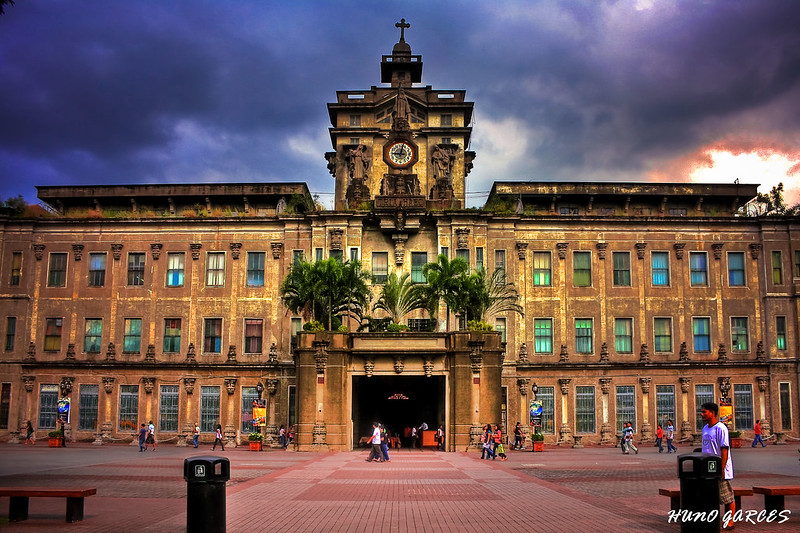New fact-checking course at Manila’s UST, Asia's oldest university
The University of Santo Tomas announced a new course on the 58th World Communications Day, to start with the next academic year. For Prof Felipe Salvosa II, it will provide the tools to assess “the impact of misinformation and disinformation on various fields of study and the democratic system”. The course "Digital Literacy, Fact-Checking, and Verification" is a response to Pope Francis' message on the use of Artificial Intelligence (AI).
Manila (AsiaNews) – Starting with 2024-2025 academic year, the Pontifical and Royal University of Santo Tomas (UST) in Manila will start to offer a course on fact-checking and digital literacy to tackle misinformation across disciplines.
Founded in 1611 and run by the Dominicans, Asia’s oldest university is the largest Catholic university in the world by number of students on a single campus.
The UST’s Department of Journalism made the announcement yesterday, the 58th World Communications Day, dedicated to “Artificial Intelligence and the Wisdom of the Heart: Towards a Fully Human Communication.”
According to Prof Felipe Salvosa II, coordinator of journalism, first-year students in the media and legal management programmes will be able to enrol in the new elective course "Digital Literacy, Fact-Checking, and Verification".
The demand for the course will determine whether it will expand in coming semesters. “We expect students to evaluate the impact of misinformation and disinformation on various fields of study and the democratic system,” Salvosa said.
Other subjects covered include the use of safety precautions and digital literacy concepts, verifying the veracity and correctness of material found online, and producing original content that includes fact-checked data.
The new course, Salvosa explained, will also “equip students with practical tools to conduct online verification and fact-checking and, at the same time, adopt theoretical and contextual approaches to navigating the prevailing information disorder.”
During the development of the new course, which lasted more than a year, faculty members received training in data visualisation, artificial intelligence (AI)-based tools, and those for verifying and analysing foreign influence operations.
For the coordinator of Journalism, the proposed course is also “in response to Pope Francis's message (of 24 January) regarding the necessity of reflecting carefully on the theoretical development and the practical use of these new instruments of communication and knowledge,' which we are commemorating on May 12, 2024”.
On that occasion, the pontiff said that the digital revolution can bring us “a means of greater freedom," while the wise application of AI can help society fight “the long-standing problem of disinformation”.
In his message, Francis also wrote: “The use of artificial intelligence can make a positive contribution to the communications sector, provided it does not eliminate the role of journalism on the ground but serves to support it.”
The UST established the Philippines’ first journalism programme in 1929, which is one of two in the Faculty of Arts and Letters certified by the ASEAN (Association of Southeast Asian Nations) University Network Quality Assurance for its ability to provide high-quality education and generate noteworthy research output.
In 2013 and 2016, the Philippine Commission on Higher Education recognised the UST's programme as a Center for the Development of Journalism.
Photo: Flickr / Ojie Paloma







.png)










